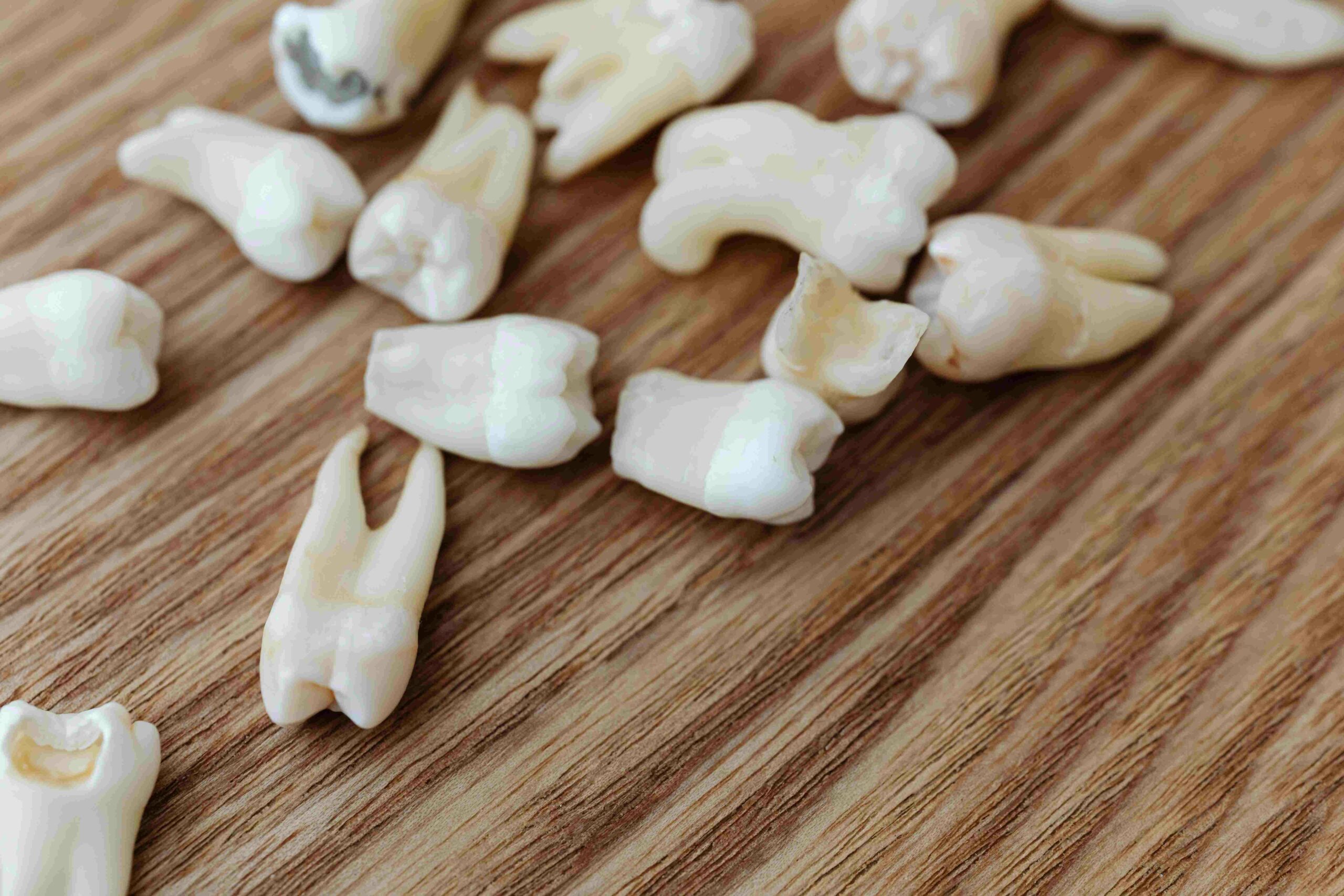
The Ultimate Guide to Wisdom Teeth: Everything You Need to Know
Wisdom teeth are one of the most common dental concerns, particularly for teenagers and young adults. Whether you’re wondering when they come in, whether they need to be removed, or how to recover after surgery, this guide answers all your questions.
What Are Wisdom Teeth?
Wisdom teeth are the third set of molars located at the back of your mouth. They typically emerge between ages 17 and 25. Historically, they were useful for chewing tough foods, but modern diets and smaller jaw structures often make them unnecessary—and even problematic.
Learn more about wisdom teeth removal here.
Why Are They Called Wisdom Teeth?
The term “wisdom teeth” comes from the fact that they usually emerge when a person is older and supposedly “wiser.”
Does Everyone Have Wisdom Teeth?
Not everyone develops wisdom teeth. Some people have all four, while others may have fewer or none at all. Genetics play a key role in determining how many wisdom teeth you have.
Can Wisdom Teeth Grow Back?
No, once wisdom teeth are removed, they do not grow back. However, in rare cases, people may have extra teeth (supernumerary teeth), which could be mistaken for regrowing wisdom teeth.
Find out if you need your wisdom teeth removed.
When Do Wisdom Teeth Come In?
Wisdom teeth typically emerge between ages 17-25, but the timing can vary from person to person.
How Many Wisdom Teeth Do You Have?
Most people have four wisdom teeth—two on the top and two on the bottom. However, some individuals may have fewer or none at all.
Learn how wisdom teeth impact orthodontic treatments.
Do Wisdom Teeth Need to Be Removed?
Not always. Wisdom teeth removal is necessary when:
- They are impacted (trapped under the gum or growing at an angle).
- They cause pain, swelling, or infection.
- They push against other teeth, causing misalignment.
- There is not enough space in the mouth for them to erupt properly.
Why Do Some Experts Say Not to Remove Wisdom Teeth?
Recent research suggests that if wisdom teeth are healthy, aligned, and do not cause any issues, they can be left in place.
Discover when braces or aligners might be a better solution for misalignment.
How Is Wisdom Teeth Removal Done?
Wisdom teeth removal is a surgical procedure performed by a dentist or oral surgeon.
How Long Does Wisdom Teeth Removal Take?
The procedure typically takes 30 to 60 minutes, depending on complexity.
Does Wisdom Teeth Removal Hurt?
During the procedure, anesthesia prevents pain. However, mild to moderate discomfort is common during the healing process.
How Long Does It Take for Wisdom Teeth to Heal?
- Initial recovery: 3-5 days for most swelling and discomfort to subside.
- Full healing: 2-3 weeks for soft tissue and 3-6 months for the bone to completely heal.
Explore pain management tips from our orthodontic specialists.
Post-Extraction Care: What to Do After Wisdom Teeth Removal
- Rest: Avoid strenuous activities for 24-48 hours.
- Ice Packs: Apply ice packs to reduce swelling.
- Pain Management: Take prescribed or over-the-counter pain relievers.
- Avoid Straws & Smoking: Sucking motions can dislodge blood clots and cause dry sockets.
- Soft Diet: Stick to soft foods (more on this below).
- Oral Hygiene: Rinse with salt water after 24 hours, but avoid vigorous rinsing.
Learn more about post-procedure care for orthodontic treatments.
When Can I Eat After Wisdom Teeth Removal?
- First 24 hours: Stick to liquids and very soft foods.
- After 2-3 days: You can introduce semi-soft foods like mashed potatoes, yogurt, and scrambled eggs.
- After 7 days: Most people can eat solid foods again, but crunchy and hard foods should still be avoided.
What to Eat After Wisdom Teeth Removal?
- Smoothies (without straws)
- Mashed potatoes
- Scrambled eggs
- Applesauce
- Oatmeal
- Yogurt
- Blended soups
- Soft pasta
What Foods to Avoid?
- Spicy foods
- Crunchy or hard foods
- Acidic foods
- Sticky foods
Check out our full guide on orthodontic-friendly foods.
Oral Hygiene After Wisdom Teeth Removal
Can I Brush My Teeth After Wisdom Teeth Removal?
Yes, but avoid brushing near the extraction site for the first 24 hours.
Can I Use Mouthwash?
Avoid alcohol-based mouthwashes for the first few days. Instead, rinse with warm salt water.
When Can I Use a Straw?
Avoid straws for at least one week to prevent dry socket.
Read more on how to care for your smile post-treatment.
Common Concerns After Wisdom Teeth Removal
How to Sleep After Wisdom Teeth Removal?
- Sleep with your head elevated.
- Use extra pillows for support.
- Avoid sleeping on your side where the extraction occurred.
How to Reduce Swelling?
- Apply ice packs for the first 24-48 hours.
- Use warm compresses after 48 hours.
- Stay hydrated and avoid salty foods.
How Long Does Swelling Last?
Swelling peaks around 48 hours post-surgery and usually subsides within 5-7 days.
Explore how orthodontic treatments can improve overall dental health.
Wisdom Teeth and Other Health Issues
Can Wisdom Teeth Cause Headaches or Jaw Pain?
Yes, impacted wisdom teeth can lead to tension, headaches, and jaw pain due to pressure on surrounding structures.
Can Wisdom Teeth Cause TMJ (Temporomandibular Joint Disorder)?
In some cases, misaligned wisdom teeth can contribute to TMJ symptoms.
Learn more about TMJ treatment options.
Wisdom Teeth Cost & Insurance Coverage
How Much Does Wisdom Teeth Removal Cost?
- Simple extraction: $75-$200 per tooth.
- Surgical extraction (impacted teeth): $225-$600 per tooth.
- Full removal (all four teeth): $800-$2,000.
Does Insurance Cover Wisdom Teeth Removal?
Most dental insurance plans cover part of the cost if removal is deemed medically necessary.
Does Medicaid Cover Wisdom Teeth Removal?
In some states, Medicaid may cover wisdom teeth removal, but coverage varies.
Find out if your insurance covers orthodontic treatments.
Final Thoughts
Wisdom teeth can be a source of discomfort, but not everyone needs them removed. If they cause pain, swelling, or alignment issues, removal is the best option. After surgery, following proper aftercare ensures a smooth recovery. If you’re unsure about your wisdom teeth, consult with a trusted orthodontist or dentist.
For expert orthodontic care, visit Elate Orthodontics, where Dr. Kevin Baharvand and his team provide top-tier treatment. Whether you need wisdom teeth advice, braces, or Invisalign, we’re here to help!
